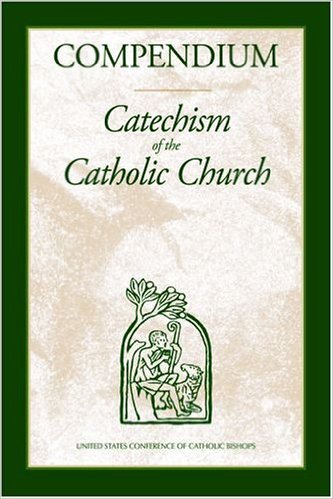The Sacrament of Confession
Confession times
Weekend:
3:30pm Saturdays—St. John's | los sábados a las
12:30pm and 5:00pm Sundays—St. John's | los
domingos a las 12:30pm y 5:00pm—St. John's
Weekdays:
8:30am Thursdays—St. John's | los jueves a las
If you want to receive the Sacrament at another
time, please contact the Parish Office to schedule your
Confession. | Si desea recibir el Sacramento en otro
momento, comuníquese con la Parish Office para
programar su Confesión.
"Those who approach the sacrament of Penance obtain pardon from God's mercy for the offense committed against him, and are, at the same time, reconciled with the Church which they have wounded by their sins and which by charity, by example, and by prayer labors for their conversion." (Catechism of the Catholic Church, 1422)
How to Make a Good Confession
Prepare beforehand by starting with prayer, asking for God’s help using a traditional prayer or prayer of your own.
Make a good examination of your conscience. You may find it helpful to use a prepared list to help you with the formation of your conscience inspired by the 10 Commandments or a list of virtues and vices.
As you enter the confessional the penitent makes the sign of the cross and prays “In the name of the Father, and the Son and the Holy Spirit” to initiate the sacrament. The priest then offers a greeting and may even read a short passage of scripture.
The penitent then indicates how long it has been since their last confession.
Then you confess your sins in kind and number (don’t worry if you have to generalize the number of times, especially if a lot of time has passed since your last confession). It is generally best to list any mortal sins first and then venial. If you are not certain of the gravity of each sin, simply confess them as they come to mind. You are not required to confess venial sins in the sacrament, but it is a good thing to do nonetheless, especially if you would like some advice about a habitual venial sin.
If it has been a while since your last confession don’t worry the priest will help you. As you say your sins it may be helpful to mention your state in life to the priest (married, single, line of work, etc.). It is best to simply state what you did, convicting yourself and not blaming your actions on other people or confessing the sins of others. This is not the place for excuses. It is the place to be rid of guilt in sincerity and honesty.
Once you have finished saying your sins you may indicate that you are finished by saying “I am sorry for these and all the sins of my past life” or “these are all my sins.”
Then the priest may ask you some questions to help him understand anything that you said that is unclear. He may offer you some advice about how to avoid temptation and/or make suggestions to invite you to develop a particular virtue to avoid sin in the future.
The priest will give you a penance which may be a prayer or action intended to join your sufferings to the Cross of Christ to “complete what is lacking in Christ’s afflictions for the sake of his body, that is, the church…” (Colossians 1:24) and offer reparation for the effects of your sins.
He will then say the words of absolution, acting in the person of Christ, speaking the words of forgiveness and reconciliation at the heart of this sacrament. At the end of the words of absolution answer, “Amen.”
You should do the penance as soon as reasonably possible. It will diminish the temporal punishment of sins already forgiven.


